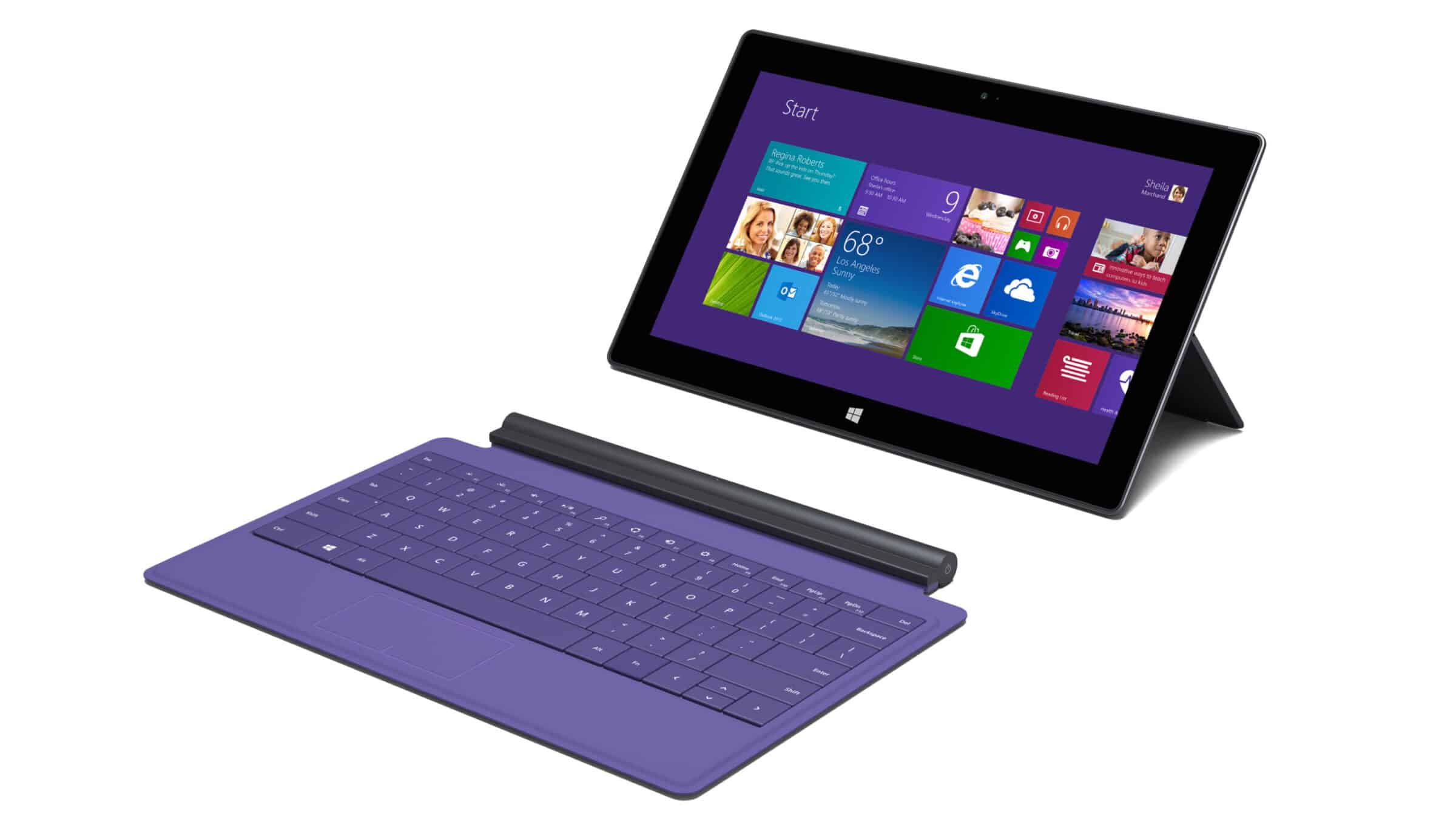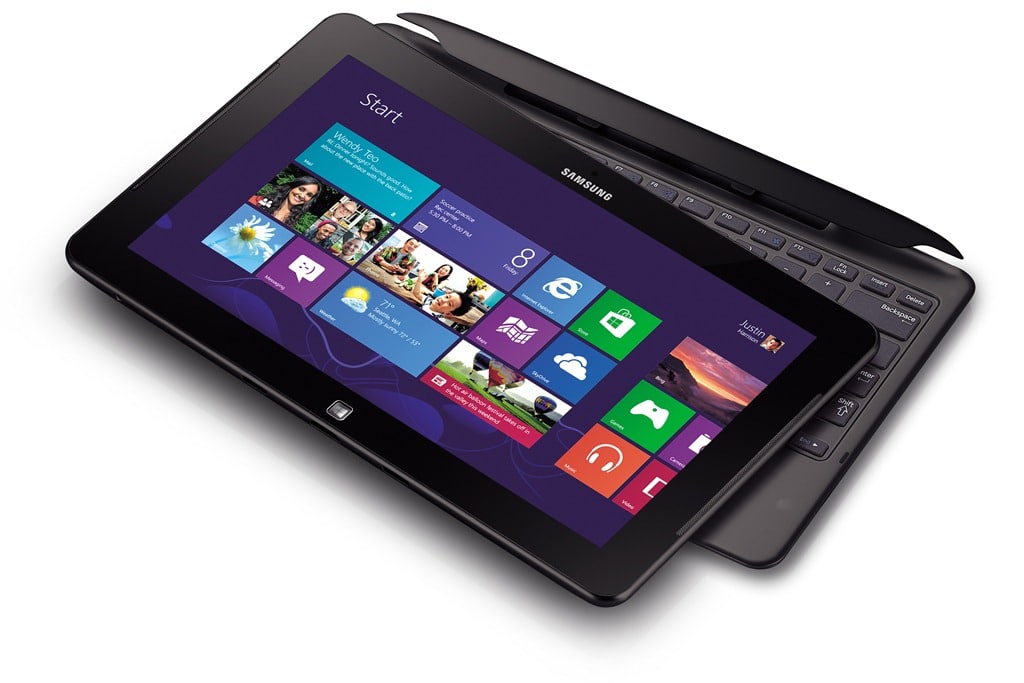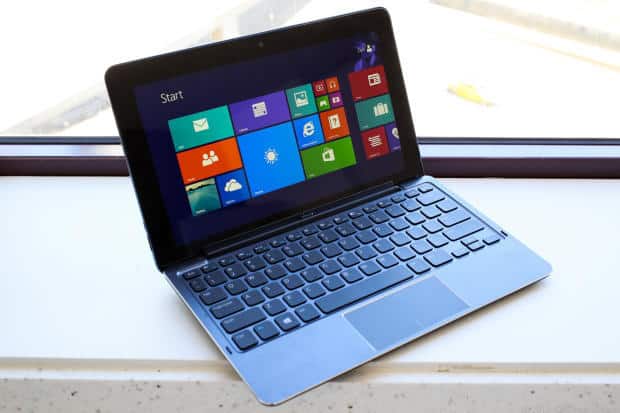** July 2019: Check out our updated info on tablets – https://www.safetynet-inc.com/resources/blog/tablets_for_business/
Note: This article, “Tablets and Business: An Ideal Match? was written by Safety Net’s Account Manager Tom Wyatt, is featured in TCBN’s March 2014 issue.
There’s little doubt that tablets have taken hold with consumers. One-third of all American adults own one, according to the Pew Research Center. Tablet adoption rates are even more dramatic for certain demographics: 49 percent for ages 35-44, and 56 percent for households with annual incomes exceeding $75,000.
It’s only been four years since the iPad, the first commercially successful tablet, was introduced. Since then, numerous manufacturers have introduced a variety of tablets. Each one has its supporters, but the business world has been slower to adopt widespread use of these devices. The latest generation of tablets may change this, offering improved capabilities and more business applications.
Here are a few examples of how specific industries are embracing and benefiting from tablet use:
Top Industries Using Tablets
Doctors, dentists, hospitals, and other healthcare organizations have been some of the strongest adopters of this technology. They use tablets for many purposes, including collecting patient history, recording test results, and updating electronic medical records systems. Tablets have improved their mobility while reducing the use of stationary PCs and paper records and files.
Software developers for the healthcare industry have been quick to develop and modify applications for tablet use. Healthcare professionals can view images such as X-rays, MRIs and CAT Scans in high resolution on tablets. This has led to faster access to test results and the ability to share information with patients and other parties. Many in this industry would agree these advances have led to improved patient care.
Major retailers like Nordstrom, J.C. Penney, and DSW have also jumped on the tablet bandwagon. In some stores, they’ve eliminated checkout lines, replacing them with roving personnel who can check inventory, place special orders, and ring up sales with tablets.
On the manufacturing front, companies are employing tablets to monitor equipment performance, deliver instructions to the production line, display assembly details, and run quality control applications. Each of these uses have improved operational efficiency and replaced reams of paper.
On a lesser scale, financial service and insurance providers are now using tablets for sales presentations. With a tablet, they can easily show projections and run simulations during meetings with customers and prospects. This results in faster sales cycles and happier, more informed clients.
Key Features to Look for with Business Tablets
When considering augmenting your business’ PCs with tablets, or even replacing them completely, they are some vital features to consider:
- Ability to run Microsoft Office and other business applications
- High-resolution screen
- 4G connectivity and/or high speed Wi-Fi
- Bluetooth connectivity
- Full internet support in a browser, including the ability to display flash graphics
- Available security, firewall and malware protection applications
Another important option is a stylus. Typing on a tablet is not as appealing as a traditional keyboard for most users. A stylus provides a good substitute for when a keyboard is not available. This requirement considerably reduces the pool for business tablets. Some tablets do not include a stylus, but can still support one. However, this means that a stylus was not a primary consideration in the device’s initial design.
Top Business Tablets Reviewed
Here are three tablets that our Network Design Associate, Mike Fitzgerald, recommends for business use: Microsoft Surface Pro 2, Samsung ATIV Smart PC Pro 700T, and Dell Venue 11 Pro. All have a stylus, a dock for desktop use, and similar specifications. With the required options (Microsoft Office, keyboard, and a dock) these systems cost approximately $1700.



A final mention regarding the iPad, it does have a devoted following and many peripherals options. However, the stripped-down operating system presents limits that make it an additional computing device at best. The three previously mentioned tablets can be used as a primary computer; the iPad is more geared to be a supplemental device.
Lastly, when evaluating any new technology, including tablets, it is important to consider the potential benefits for your business, as well as how it could fit into your processes and overall environment.
For additional information, questions or a quote, contact us.


